Mondelez reports close to 10% year-on-year carbon footprint reduction
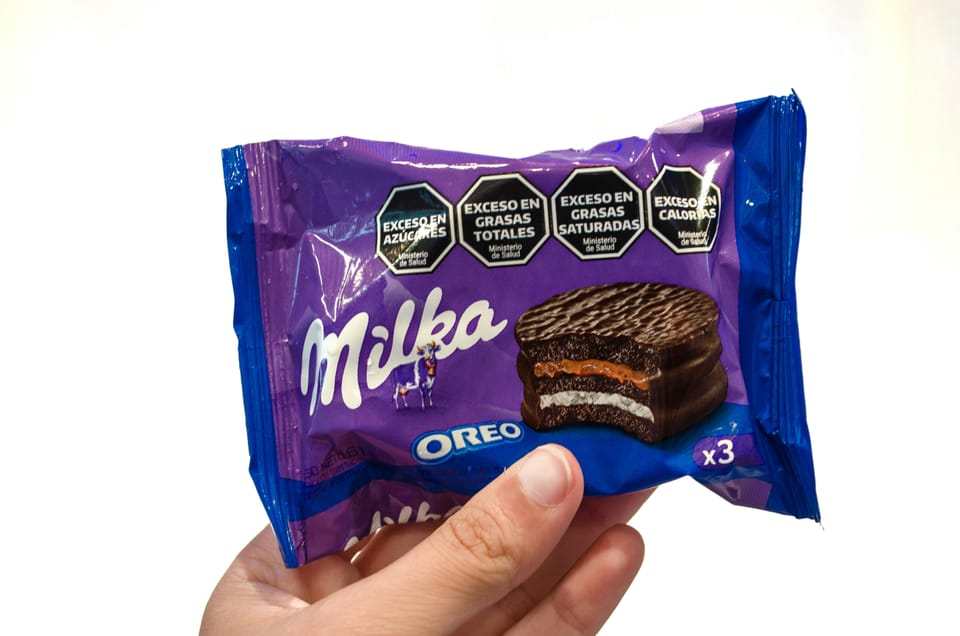
Food company Mondelez International reduced emissions across its value chain by 9% between 2023 and 2024, largely by focusing on deforestation and regenerative agriculture practices.
In its latest sustainability report, the company says its decarbonisation strategy involves eliminating deforestation from its supply chain, converting farms to regenerative practices, and reducing the use of fossil fuels. Through this, Mondelez has achieved deep emissions reductions in Scope 3 emissions – from 32,149,000 tonnes in 2023 to 29,223,000 tonnes in 2024.
This is a step change from last year’s report, when Mondelez had only cut its carbon footprint by around 3.7% compared to its 2018 baseline.
Reducing deforestation in the cocoa supply chain
Around 70% of Mondelez’ carbon footprint comes from its raw materials, and within that 32% are related to its cocoa it uses in its chocolate brands – including Milka, Côte d'Or and Cadbury – so the company is highly focused on making this commodity more sustainable.
As part of its Cocoa Life programme, by the end of 2024 Mondelez had distributed around 10 million ‘shade trees’ to protect cocoa crops from excessive heat, trained 178,000 farmers in good agricultural practices and 571,000 community members in good environmental practices. About 91% of the cocoa volume used in the company’s chocolate brands is now sourced through Cocoa Life (through a mass balance approach).
“While numerous stakeholders express changing points of view about the best way to define and evaluate sustainability programs and goals, I’m proud of the consistency of our approach. And I’m proud of the strong progress we continue to achieve against our sustainability goals in 2024, as a result,” said Mondelez Chief Impact and Sustainability Officer Christine Montenegro McGrath.
Towards a low-carbon dairy industry
The next largest source of raw materials emissions is dairy, and there too, Mondelez has made significant investments, supporting suppliers in establishing an emissions baseline and implementing initiatives to reduce these.
For example, Mondelez’ Italian dairy supplier Fattorie Osella has launched a three-year carbon reduction journey with sustainable agriculture application xFarm Technologies. Through the collaboration, 17 farmers are expected to gain access to their on-farm carbon footprints, enabling them to design a roadmap for reducing their CO2e emissions.
Manufacturing emissions down 37%
On the operational side, Mondelez reports a 37% reduction in manufacturing emissions since 2018 – largely driven by the adoption of renewable energy.
In 2024, 54% of the electricity used in the company’s manufacturing sites was renewable, compared to 45% in 2023.
Overall, Scope 1 and 2 emissions only saw a 2% drop between 2023 and 2024, suggesting that much of the sustainability team’s work last year was focused on the much more significant Scope 3 emissions.
Mondelez unveiled updated climate targets last year, including a 50.4% reduction in Scope 1 and 2 emissions by 2030 and a 30% reduction in Scope 3 within the same time frame, both from a 2018 baseline. In line with other food manufacturers, the company has also set a specific target for food, land and agriculture (FLAG) emissions: a 36.4% decrease by 2030, associated with a no deforestation goal by the end of 2025.


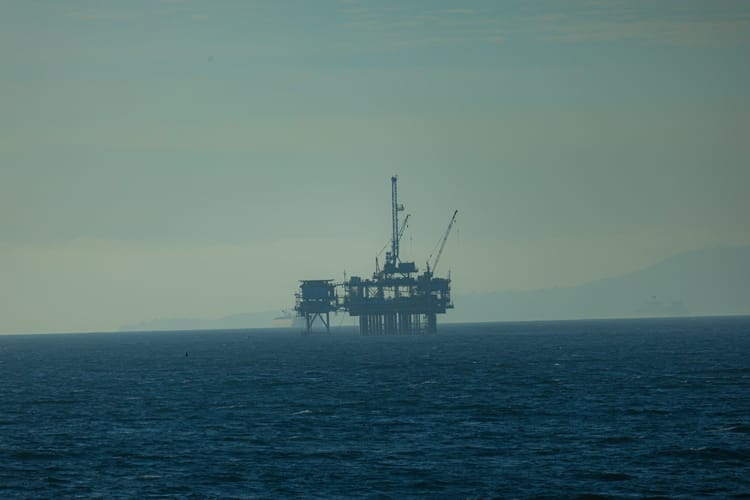
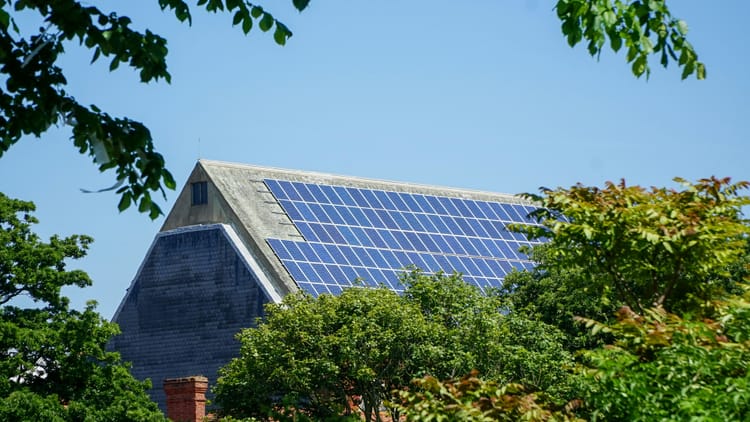
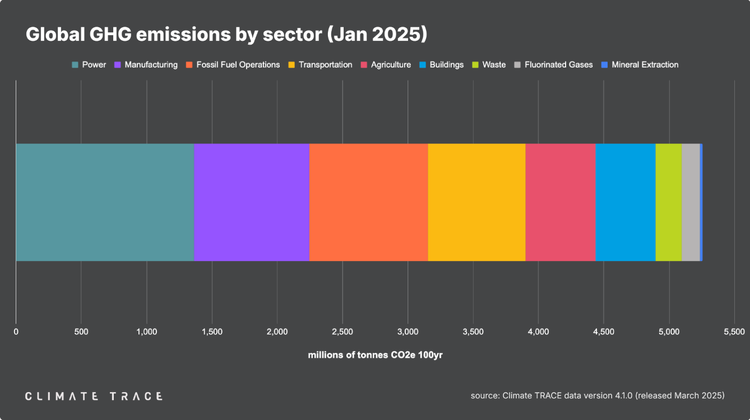
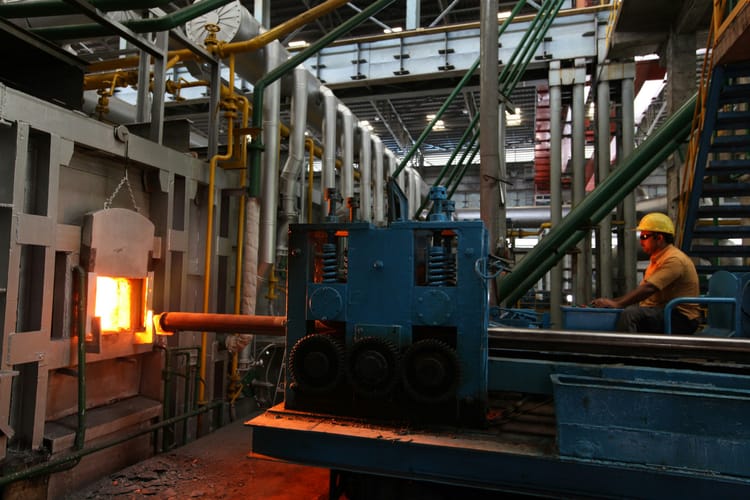
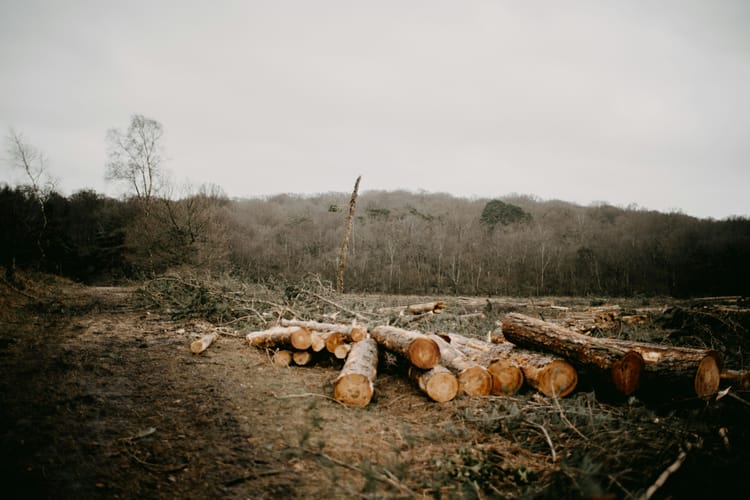
Member discussion